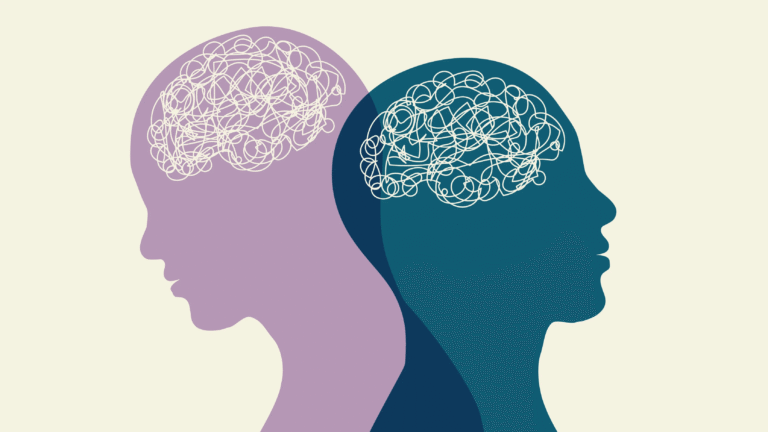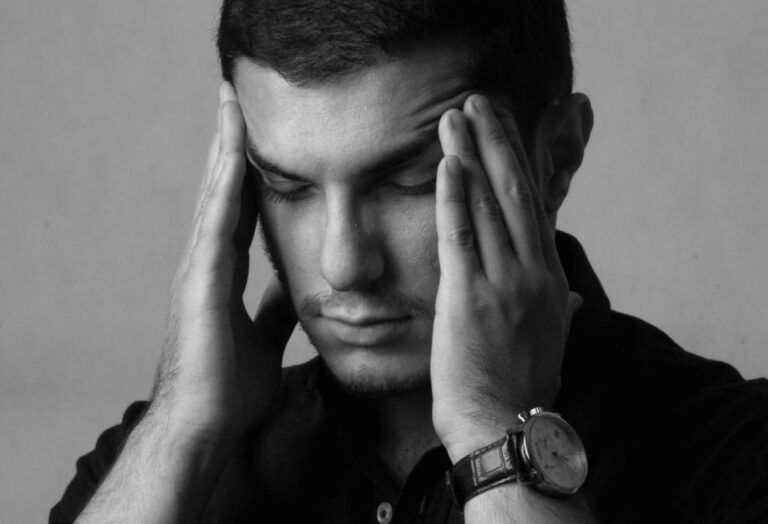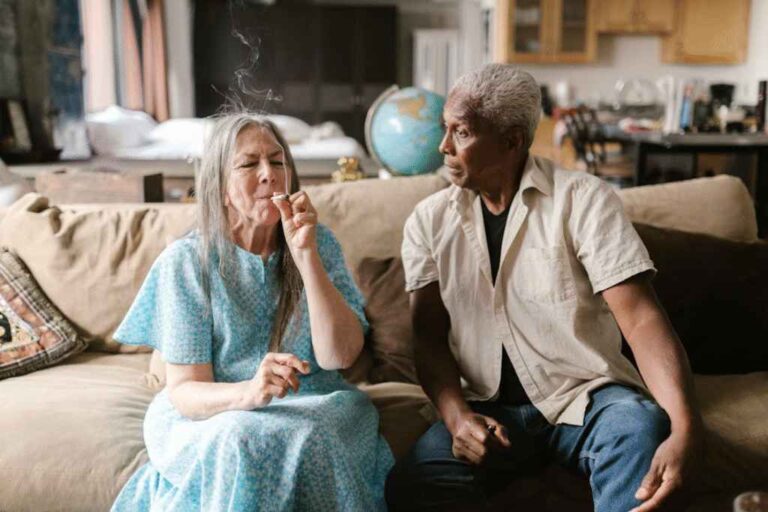Acupuncture has been an important part of ancient Chinese medicine for about 3,000 years. The technique has been used to treat various physical ailments and diseases. However, in recent times, acupuncture has also been used to treat mental health conditions such as depression and anxiety. But is it effective, and can it replace therapy and medication?
Well, for individuals who are unable to see any improvements in their condition through traditional medicine and therapy, acupuncture is a great alternative. This ancient method has been effective in treating various ailments along with mental health conditions. But how does acupuncture for mental health work? Let us dive into the article below to know more.
What is Acupuncture?
Acupuncture works on the principle of energy flow. According to this ancient chinese belief, energy is constantly flowing through the body, and disruption in this energy flow makes a person ill, which leads to various ailments, including mental health degradation. Hence, this therapy aims to facilitate the uninterrupted flow of energy throughout the body, helping the patient relieve stress, anxiety, pain, and other ailments.
In this therapy, stainless needles, which are thinner than human hair, are inserted in certain points (known as meridians) of the body to help the body maintain optimal flow of energy and thus treat specific health conditions.
How is Acupuncture Beneficial if You Have Mental Illness?
1. Improves the quality of Sleep:
Most individuals suffering from mental health conditions experience an inability to rest at night or have a peaceful sleep. If you or someone you know has been struggling with insomnia and no pills or therapy have helped, it might be time to opt for acupuncture. Acupuncture has proven to improve the sleep quality of people suffering from mental illness and also improves the pace of recovery if you are currently under medication.
2. Helps Manage PTSD:
Symptoms of Post Traumatic Stress Disorder are often accompanied by a lot of stress, anxiety, and flashbacks, which hampers the quality of life and the overall well-being of the individual suffering and their family. In such a scenario, acupuncture can be really useful in relieving the mind and body from its symptoms. Even though acupuncture can’t target the root cause of the problem, it can provide temporary relief.
3. Improves Cognitive Functioning:
Studies have shown that regular acupuncture therapy improves brain cognitive functioning, which in turn improves mental health. The therapy has been closely related to improving memory, and neuroplasticity, thus making the person more receptive to emotions and helps them take rational decisions.
4. Helps Reduce Pain:
A lot of times, poor mental health can take the form of physical pain in any part of the body. Therefore, people who suffer from depression often experience headaches, heartburn, and stomach aches. Since acupuncture has been used for years to tackle these conditions, it is a great tool to deal with the physical signs of mental illness.
5. Helps Relieve Stress:
Acupuncture stimulates the release of various neurotransmitters and hormones, such as endorphins, serotonin, and dopamine, which improves mood and promotes a sense of well-being. Since stress is one of the root causes of many mental illnesses, using it to control your nervous system and tackle signs of poor mental health is very useful.
Can Acupuncture be Used as a Solo Treatment?
Yes, acupuncture can be used as a solo treatment to cure mental illness. However, for best results, you must implement it as a part of a holistic approach. Your approach must consist of a combination of medicines and therapies along with lifestyle changes if you want to see significant improvement in your condition. Now, coming to the frequency of the treatment, studies show that it can be beneficial if used once to six times a week, depending on the severity and how quickly you want to see results.
Conclusion
Suffering from a mental health condition can be hard, especially when you are making conscious efforts but not seeing any improvements. So, if you are someone with a similar experience, it might be time to change your approach and incorporate acupuncture in your healing journey for accelerated results and overall well-being.













